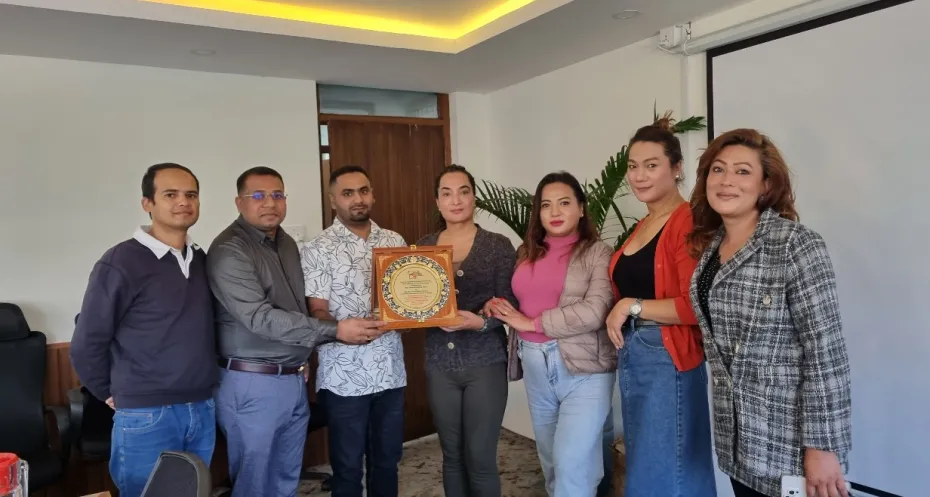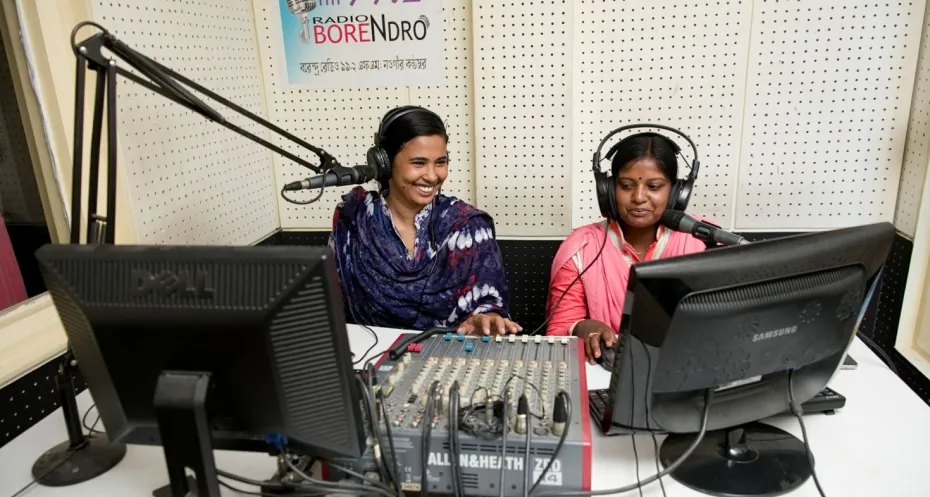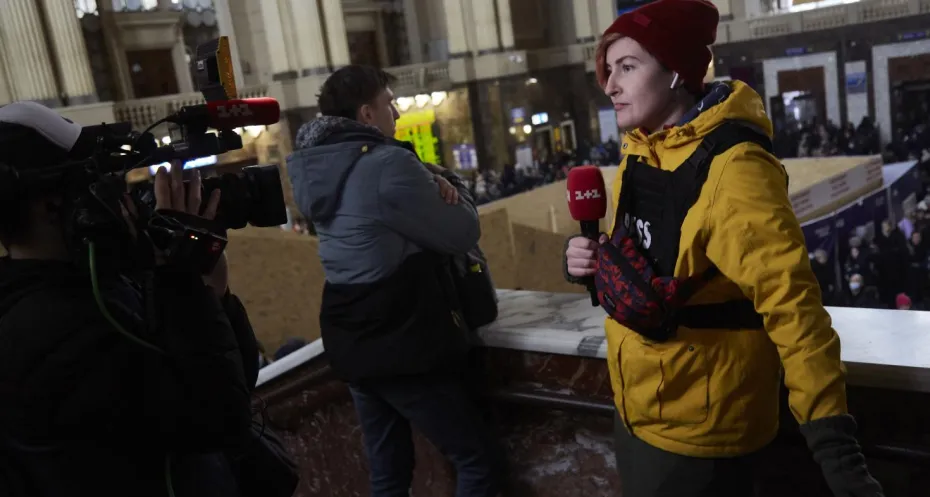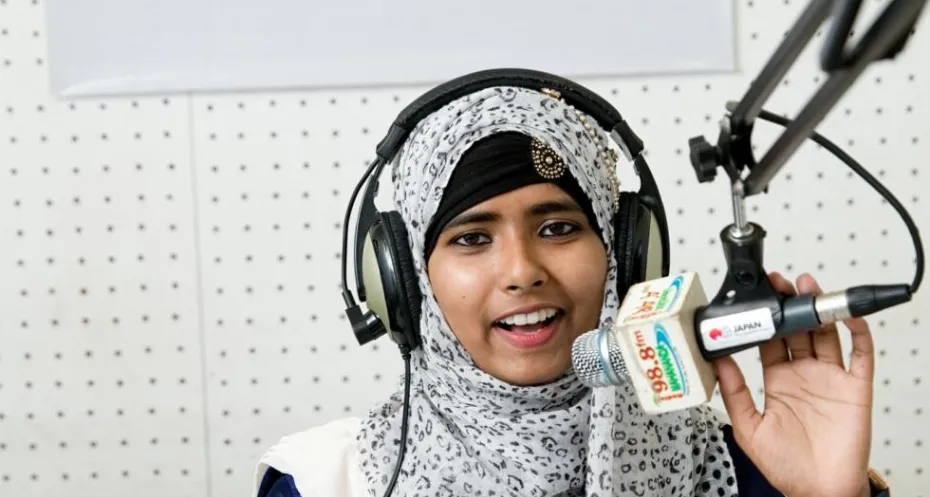Media as change agents for greater inclusivity of the Hijra community in Bangladesh

When it comes to including marginalised communities in society, media can play an essential role. The Hijra community in Bangladesh represents individuals who do not identify themselves as male or female, forming a minority group that experiences significant marginalisation in social, political and economic spheres. In response, media representatives from Bangladesh have created a new Inclusive Media Policy specifically focused on inclusion of the Hijra community.
As part of The Collaboration Lab – a small grants project to foster alliances between Bangladeshi media outlets and civil society organisations (CSOs) – Free Press Unlimited and ARTICLE 19 are supporting Bandhu Social Welfare Society and the Daily Matobad in their work to promote the social inclusion of gender-diverse populations through media interventions. They organised meetings between media personnel and activists from Nepal and Bangladesh to foster collaboration and knowledge sharing, specifically on inclusive media policies.
Bandhu, the largest organisation in Bangladesh supporting communities that face stigma, discrimination and violence because of their real or perceived sexual orientation, gender identity or expression, and sex characteristics, and the Daily Matobad (a prominent newspaper in the southern Barishal division) visited Nepalese organisations to learn more about media inclusion approaches, especially for gender-diverse people.
The Nepali media sector has increasiningly been prioritising policies on inclusive media, for example by encouraging more community-focused reporting and prohibiting gender-based discrimination. These developments provide valuable insights for Bangladesh, where inclusive media policies are not yet as advanced.
Exchange of ideas
Nepali journalists present at the meetings recommended several practices to their Bangladeshi colleagues. These included advocating for constitutional recognition and legal reforms to protect the rights of sexual and gender minorities, implement ethical media guidelines, and organise awareness campaigns to educate the public and reduce stigma, leveraging the media's positive role.
The exchange highlighted the importance of continuous dialogue and cooperation between countries to address the challenges faced by sexual and gender minorities and promote their rights and well-being.
Advancing representation Hijra community
Following the cross-border exchange meetings, Bandhu and the Daily Matobad translated their learnings into an Inclusive Media Policy aimed at creating a media environment that embraces diversity and provides a platform for the underrepresented Hijra community in Bangladesh. The policy acknowledges the community’s distinct challenges, including stigma, limited representation, and systemic barriers. By addressing these issues, the policy seeks to empower media stakeholders to produce content that is authentic, respectful and promotes greater public understanding.
“Learning to contextualise the socioeconomic barriers faced by the Hijra community has helped me see their challenges in a more meaningful way.” - Workshop participant
Some recommendations included in the policy document are:
- Feature inspiring Hijra role models to encourage acceptance, break barriers and foster understanding;
- Establish anti-discrimination guidelines for media coverage, ensuring that Hijra individuals are portrayed respectfully and authentically;
- Provide workshops for journalists on Hijra community issues to encourage respectful, informed, and accurate reporting.
By embracing and implementing these inclusive policies, media outlets have the potential to play a transformative role in advancing the rights and well-being of Hijra communities in Bangladesh. During a dissemination workshop, five leading Barishal media houses have already committed to adopting the policy.
A participant in this workshop shared that it “[...] opened my eyes to the biases we unconsciously propagate through our reporting. I’m commited to doing better.” Another shared that “learning to contextualise the socioeconomic barriers faced by the Hijra community has helped me see their challenges in a more meaningful way.” While talking about storytelling in media, another participant shares that“understanding that Hijra is not just a gender identity but a rich cultural group has changed the way I approach storytelling.” Free Press Unlimited will continue to support Bandhu and Daily Matobad as they wrap up their project and share their work with other media partners across Bangladesh.



